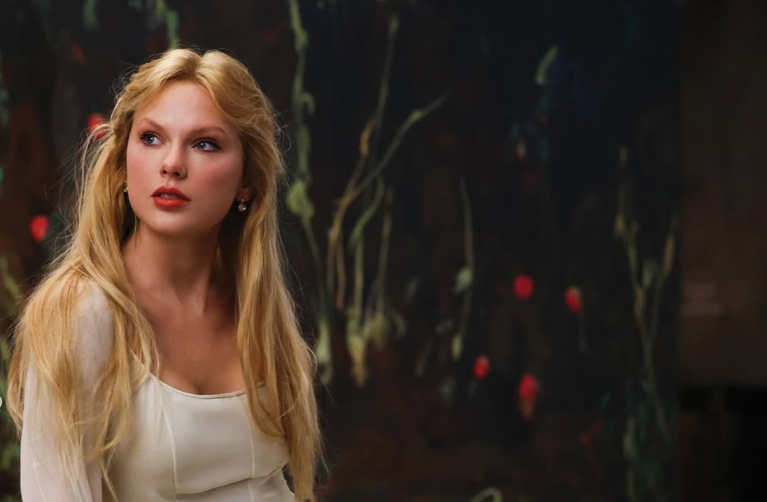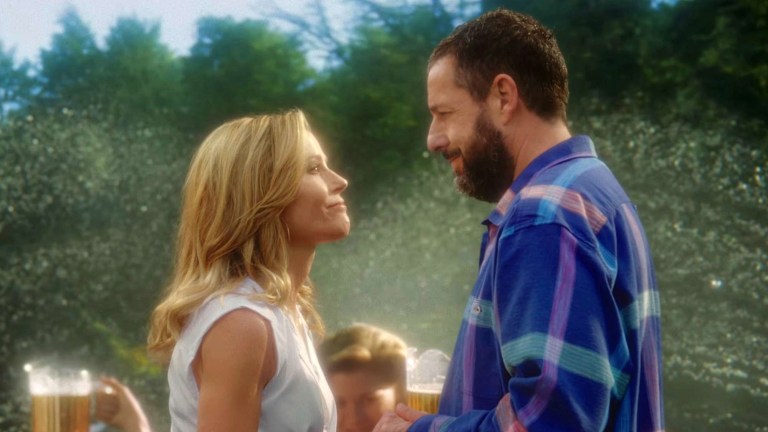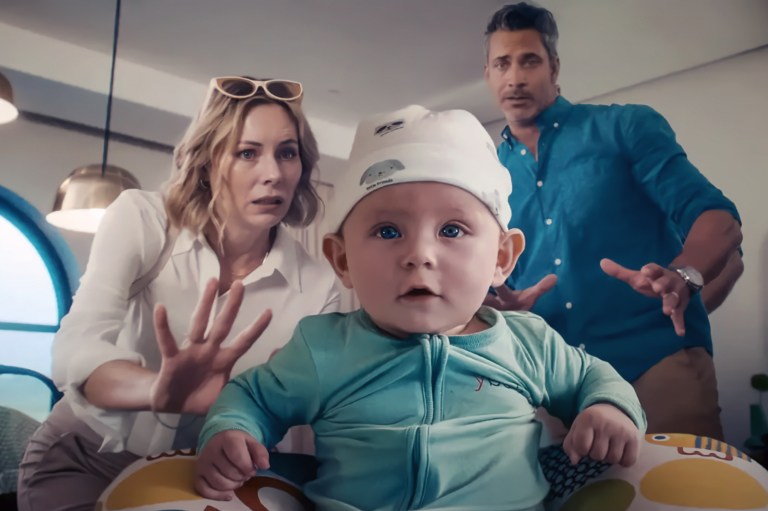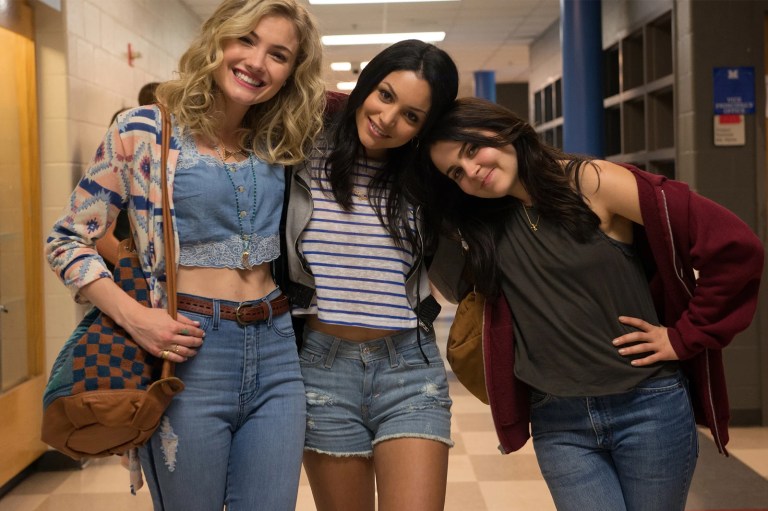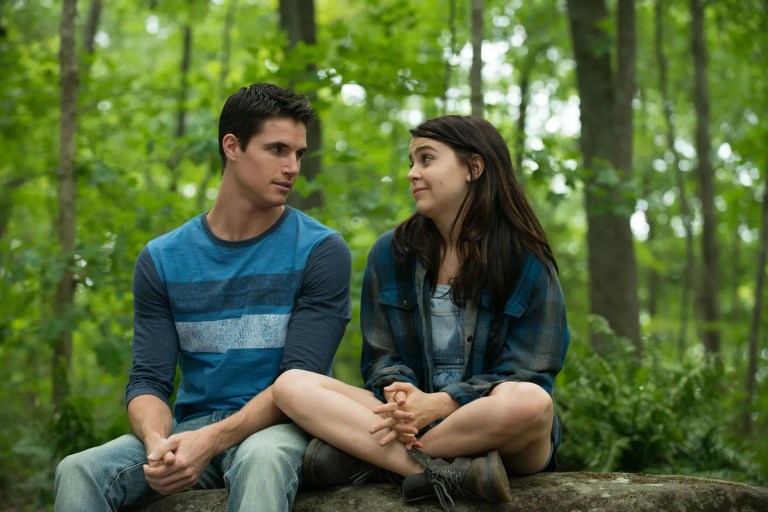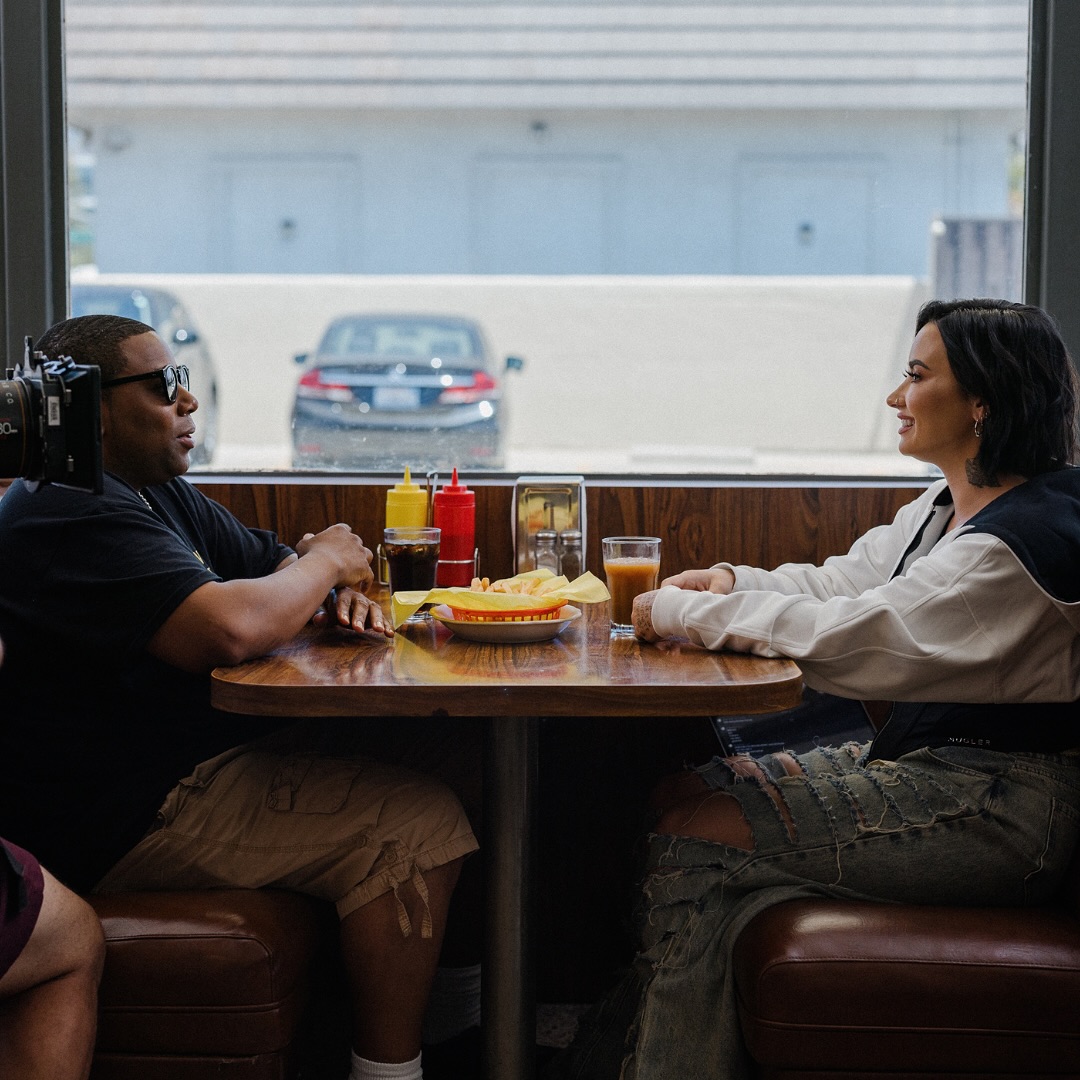
12 Things We Learned From Hulu’s New ‘Child Star’ Documentary
In Demi Lovato's directorial debut Child Star, the singer interviews six other former child stars–Drew Barrymore, Alyson Stoner, Kenan Thompson, JoJo Siwa, Christina Ricci, and Raven-Symoné–about their experiences growing up in the spotlight.
Content Warning: This article mentions substance abuse, suicide, and eating disorders.
In Demi Lovato’s directorial debut Child Star, the singer conducts a series of celebrity interviews with six of the world’s most well-known former child stars–Drew Barrymore, Alyson Stoner, Kenan Thompson, JoJo Siwa, Christina Ricci, and Raven-Symoné. In a series of intimate conversations with Lovato, the former child actors opened up about the long-lasting impact of childhood stardom and their experiences growing up in the limelight.
Here are 12 powerful revelations from Hulu’s new documentary Child Star.
1. Shirley Temple inspired Demi Lovato’s own career.
Lovato shared they were inspired to pursue stardom while watching Shirley Temple at their great-grandparents’ house. “I just have this memory of Shirley Temple appear on their TV. And I thought, ‘I’m going to the next Shirley Temple. I’m going to be the next child star. If she can do it, I can do it.’ And I did,” Lovato recalled.
As Lovato continued to reflect on their early ambitions, they did admit that getting started in the entertainment industry so young did hurt them mentally. “I didn’t realize it would have such a negative impact on my mental health. And unfortunately, sometimes, that looks explosive, like, an incident where you punch your backup dancer on an airplane or you overdose from heroin.”
2. Drew Barrymore started acting at 11 months old.
Drew Barrymore’s first time on camera was at the extremely young age of only 11 months old, as the star of a commercial for puppy chow. “And I’ve never stopped working since then, except for when I was institutionalized by my mother,” Barrymore said.
Barrymore then explained that her parents had a deeply toxic relationship. Barrymore described her father as “toxically cool” and “dangerous” and said he was on “a lot of drugs,” which ultimately led Barrymore’s mother to leave him. “And then she was just this single mom raising a baby in 1975 with no money,” recalled Barrymore. The puppy chow commercial was a way to make ends meet but Barrymore did question whether it went even deeper than that.
“I wonder, why did my mom think it was a good idea for me to go into this? Was it because she wanted to be an actress herself? Was it the fact my dad and his family, The Barrymores, were actors?” Barrymore mused.
Eventually, Barrymore got her big break on E.T. and that film “changed her life.”
3. Childhood actors and their families should be very aware of exactly what the industry is before getting involved.
Current Saturday Night Live star Kenan Thompson got his start on Nickelodeon and shared that being famous as a kid is not normal, and it also impacts the child’s loved ones. “It’s not a normal existence to have somebody in your family be famous,” Thompson said. He stressed that it’s vital for child stars and their families to seriously understand “what they’re getting into” before they commit to the entertainment system.
4. Lovato equated success to their self-worth.
Lovato said they craved external validation, so much so that even seeing one empty seat at one of their shows would make them feel ashamed and like they weren’t good enough or perfect enough. In one part of their interview with Thompson, Lovato said, “It’s this belief that was instilled in me as a young performer. I looked at my success as my self-worth. I had a really hard time differentiating the two.”
Thompson shared he has felt the same way, experiencing that fear of not being “perfect enough.”
5. Christina Ricci’s father was a failed cult leader.
Acting became Addams Family star Christina Ricci’s safe haven from a broken home life. “There was never any peace in my house,” Ricci said. This was because Ricci’s father was a failed cult leader, meaning he had all the “crazy narcissism.” He was often physically violent and kept her mother in a dark place. So, understandably, Ricci began acting out at school and getting into all sorts of “crazy trouble” because she was so unhappy at home and school.
Eventually, Ricci’s mother began taking Ricci to New York to audition for movies. Ricci said was during these trips she and her mother became very close because she was finally able to get that one-on-one attention from her mom. “As soon as I started going on auditions every day after school with my mother, all of it stopped. All of the trouble, everything.” Ricci said that her mom actually “had a personality” when they’d get on the bus to Port Authority.
In addition to connecting with her mom, being on set became Ricci’s safe place from her chaotic home environment. It was consistent and stable. “For me, there was this refuge of emotional safety,” Ricci said.
6. Both Lovato and Ricci experienced bullying due to their career at school.
“I learned really early on that I could never talk about what I did when I was away when I was back at school,” said Ricci. When she returned to school after filming Mermaids and went to tell two girls she considered friends what she did, they “turned on her” because they took her sharing her experience as bragging. This led Ricci to feel isolated and she never really felt like she had a group where she belonged.
Lovato also experienced bullying due to her career. “As soon as I started auditioning for roles, the bullying started happening,” Lovato said, revealing that the popular girls at school would write awful things on the walls of bathroom stalls about them. The bullying got as extreme as Lovato’s classmates writing a “suicide petition” that kids signed encouraging Lovato to kill themself.
“It was so extremely hurtful,” said Lovato of the bullying. At the same time, though, Lovato said that they used the pain as motivation to keep pursuing their dreams and remembered thinking, “I’m going to become so famous they can’t escape my name.”
7. Mental health problems are prevalent among childhood entertainers.
Mental health issues are common in the childhood entertainment industry. Both Lovato and Alyson Stoner struggled with an eating disorder. Stoner said that seeing photoshopped images of them in teen magazines seriously messed with their self-esteem, making them hyper-aware of their flaws.
Drugs and alcohol became coping mechanisms for Ricci, Barrymore, and Lovato too, with Lovato even almost dying from an overdose.
8. Industry executives severed Lovato’s “raw connection to music.”
When Lovato brought in five song recordings they wrote and performed to Disney execs, they admit they didn’t receive the reaction and praise they were hoping for, especially given the fact these were the five songs they were the most proud of making. “It chipped away at my confidence, and I never tuned to music the same way again,” Lovato lamented.
9. Raven-Symoné felt pressured to support their family through acting.
Raven-Symoné shared that they understood the concept of money as young as three years old when they first started acting on The Cosby Show. They understood themselves as a vital member of their “family business” and felt pressure to continue acting to support their family as a result.
10. Financial exploitation is common for child stars to experience.
Both Stoner and Thompson were both taken advantage of financially. Thompson was conned out of a lot the money he earned during his time at Nickelodeon, finding out someone who was supposed to be taking care of his finances simply stole the money instead.
Stoner had people who were supposed to be looking out for them steal from them, only discovering the theft after they were unable to pay a backup dancer on tour.
11. JoJo Siwa was treated differently by Disney when she came out.
“And everything after I came out, was changed,” Jojo Siwa recalled of her experience in coming out as gay while still working with Disney. Siwa said how concerned Dinsey was about Siwa’s sexuality and how it would be perceived, asking Siwa over and over how they would “explain it” to the kids.
12. Fame can have serious health consequences.
Stoner mentioned the research that has shown that fame can have serious health consequences, including famous people having earlier mortality than those who aren’t famous. This is further proof of how difficult being famous can be. It is not an easy path to follow and it can be especially difficult for young people to navigate.
***
Child Star is streaming now on Hulu.
